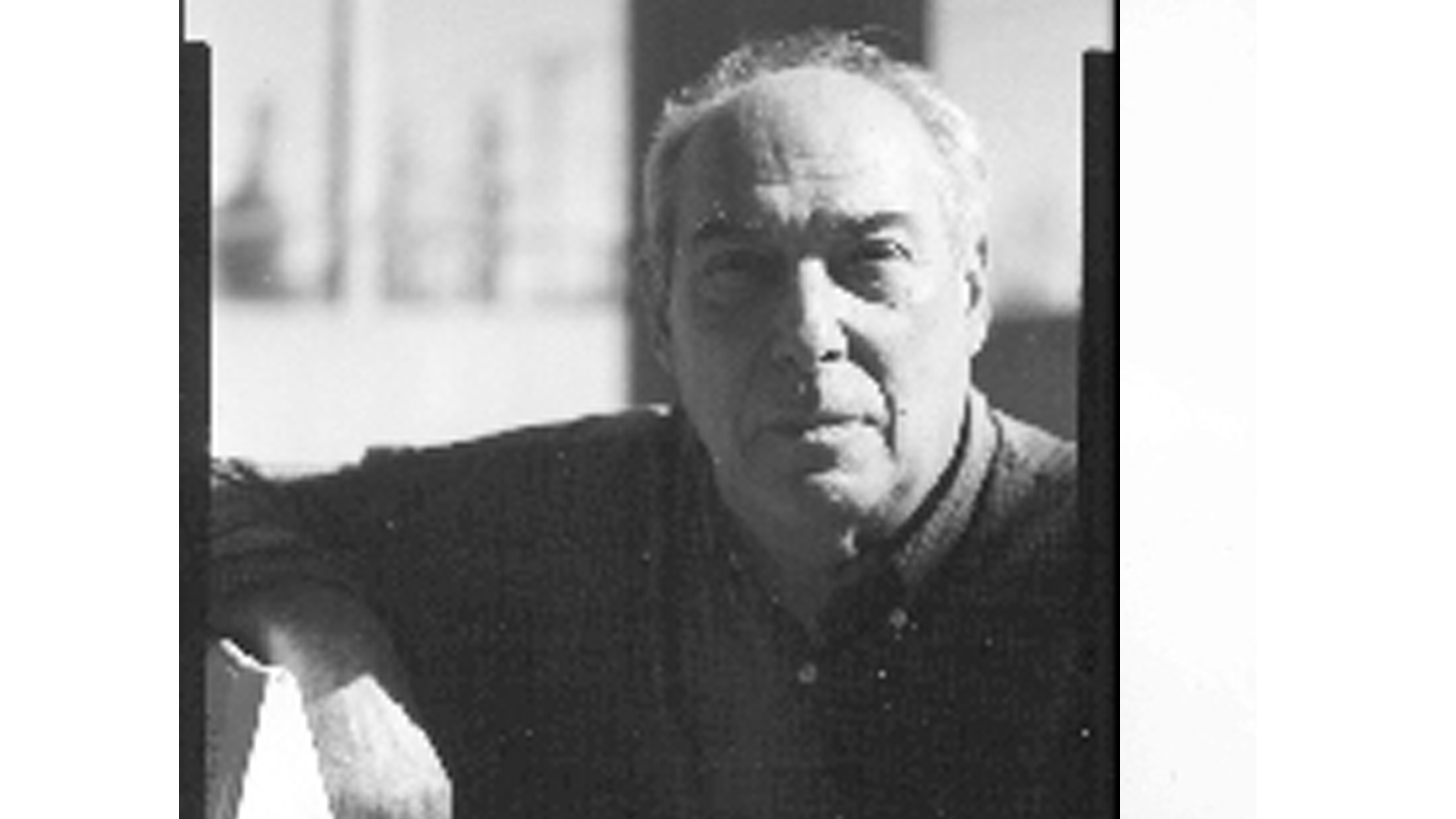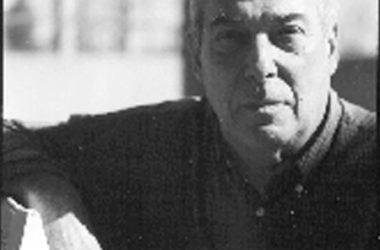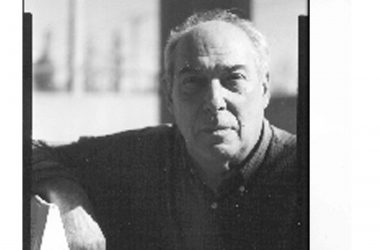The next leap in my thinking occurred in 1982. Once again events pushed me. Since its founding in 1969, the group I was part of, the Sojourner Truth Organization, had devoted most of its attention to the workplace as the center of revolutionary strategy. The decline of workplace struggles after 1975 led us to shift our focus to the global struggles against imperialism. As part of the shift, we became directly involved with groups fighting for the independence of Puerto Rico, against the Shah of Iran, and for the liberation of Palestine. Of course we all knew that in general we were on the side of the Palestinians. The massacres at Sabra and Shatila impressed on us, with greater urgency than before, the need to examine in detail our view of Israel and to formulate a collective view that would guide us in our political work. At the same time the collapse of the social-democratic compact under Reagan and the simultaneous growth of fascist and quasi-fascist currents led us to take up the question of fascism more seriously than we had before. These two concerns—Israel, and the rise of fascism as a political factor—came together for us at a national meeting at which the question was posed: How did the obvious need to oppose Zionism fit with the desire of some in STO to develop a broad alliance against the Nazis, the KKK, the Aryan Brotherhood and similar types, an alliance that presumably would include Jewish organizations?
At that meeting we first discussed collectively the legitimacy of Israel as a Jewish state and the desirability of two states that had been outlined at Camp David in 1979. A few dozen people discussing questions of this magnitude as if what they thought could make a difference may seem to some like madness and at least has a comical aspect, but I have always found it the best way to learn—and in this world who could ever be sure what would come out of his deliberations? It took us almost no time to discover that we agreed that the partition of Palestine and creation of Israel had been wrong, that we opposed the so-called two-state solution and that we thought it necessary to say so. One of the people at the meeting, while sharing the general view, declared that as a Jew he was concerned with the danger of fascism, wanted to build an anti-fascist alliance with liberal Jews, and would not be able to do so if burdened by the position we had just adopted. Now this fellow and I were close; we came from similar backgrounds and used to enjoy swapping Yiddishisms in the same offhand way I do now with a Lebanese friend of Druze background who spent years in the U.S. and delights in American-Yiddish expressions like “schmoozing,” “go figure,” and so forth. But I never thought he meant it. So when he announced that he was Jewish, I could not help but ask him, How long have you suffered from this condition, and have you seen a doctor about it?
“It was awful thoughts,” as Huck Finn remembered, “and awful words, but they was said.” As far back as I can remember, no one has ever changed my mind on anything important through argument, nor have I ever changed anyone else’s. Various people, however, have said things to me from time to time that captured a direction I was moving in but had not yet reached and helped me complete my thoughts, and I believe I have done that for others. The process I describe has been called the shock of recognition. I would liken it to dropping a sugar crystal into a super-saturated sugar solution and watching the solution turn into rock candy. Asking my friend why he had not done anything to cure himself of his affliction was such a moment for me, even though I and not another was the catalyst. It came out without my thinking, but upon reflection made so much sense that I decided to stick with it. Awful words, but they were said. “And I let them stay said…,” continued Huck. I began to read up on the subject, “because [again quoting Huck] as long as I was in, and in for good, I might as well go the whole hog.” I read histories of Israel and Zionism, and I read histories of and reflections on Jewishness. I shall not list the things I read. Instead I propose in the remainder of this series to discuss several issues, commenting on various works where appropriate. The issues are: 1) Jewishness and me; 2) the Jewish people; 3) The Jewish race; 4) Jewishness and Zionism; and finally, 5) anti-Semitism.
Send comments to [email protected]. Indicate if they are intended for publication.



